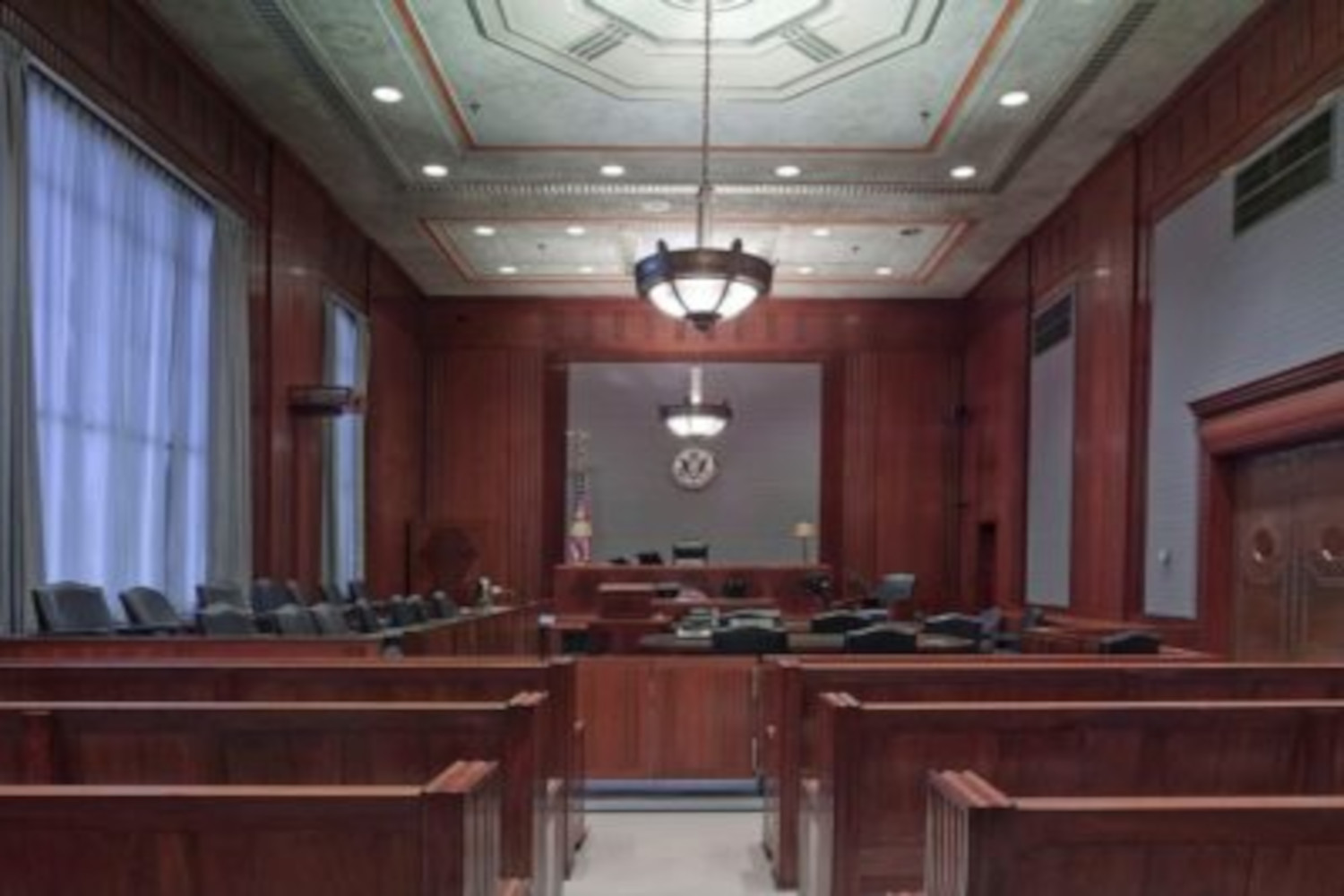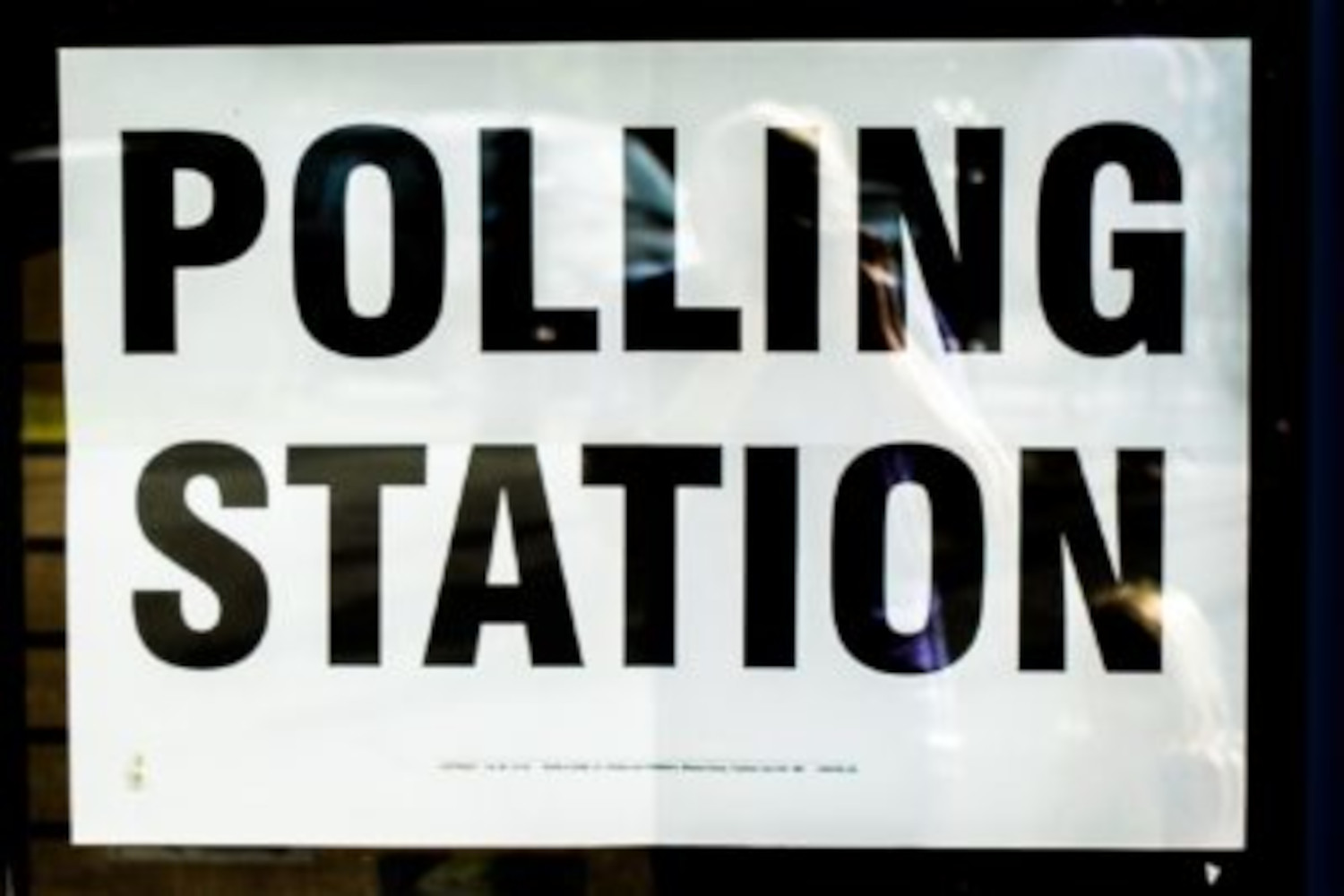
A Community Development District (“CDD”) is a governmental unit created to serve the long-term specific needs of a community. Created under Chapter 190 of the Florida Statutes, a CDD’s main powers are to plan, finance, construct, operate and maintain community-wide infrastructure and services specifically for the benefit of its residents. There are over 600 CDD’s in Florida and many of the current CDD’s were established between the housing boom of 2003-2008. Part 1 of this 4 part blog will discuss general aspects and considerations of CDDs in Florida.










